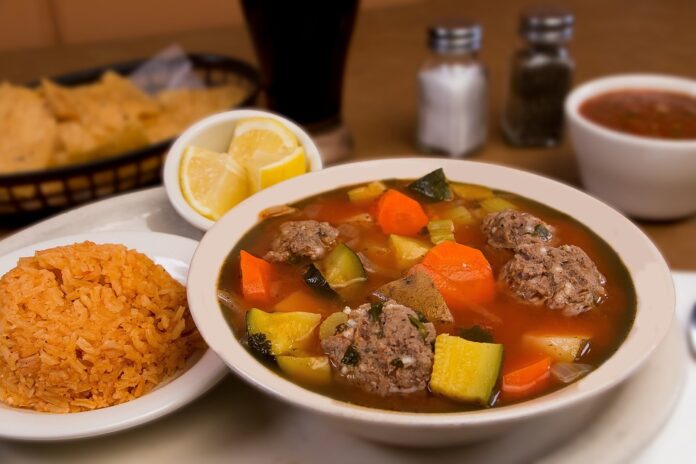Sustainability Practices in Mexican Restaurants: Reducing Environmental Footprints
Mexican restaurants have been increasingly adopting sustainability practices to reduce their environmental footprints and contribute to a more eco-friendly dining experience. From sourcing local ingredients to implementing energy-efficient technologies, these establishments are making conscious efforts to minimize their impact on the environment. In this report, we will explore the various sustainability practices that Mexican restaurants are adopting and the benefits they bring.
Local Sourcing and Farm-to-Table Practices
One of the key sustainability practices that Mexican restaurants are embracing is local sourcing of ingredients. By working with local farmers and producers, these restaurants reduce their carbon footprint by minimizing the transportation of goods. Additionally, sourcing locally helps support the local economy and promotes the use of fresh, seasonal ingredients in their dishes.
For example, popular Mexican restaurant chain Chipotle has made a commitment to sourcing ingredients from local farms whenever possible. They prioritize partnerships with suppliers who follow sustainable farming practices and prioritize animal welfare. This not only enhances the quality of their food but also aligns with their commitment to sustainability.
Waste Reduction and Recycling Programs
Mexican restaurants are also implementing waste reduction and recycling programs to minimize their environmental impact. This includes initiatives such as composting food waste, using biodegradable packaging, and recycling materials like glass, plastic, and paper. By diverting waste from landfills, these restaurants are able to reduce their carbon footprint and contribute to a more sustainable future.
For instance, Mexican restaurant Dos Toros has implemented a comprehensive recycling program in all of its locations. They provide recycling bins for customers and staff to separate recyclable materials, and work with waste management companies to ensure that these materials are properly processed. This commitment to waste reduction has helped Dos Toros significantly decrease their environmental impact.
Energy-Efficient Practices
Another important aspect of sustainability in Mexican restaurants is the adoption of energy-efficient practices. By investing in energy-efficient appliances, lighting, and HVAC systems, these establishments are able to reduce their energy consumption and lower their carbon emissions. This not only helps the environment but also leads to cost savings for the restaurant in the long run.
For example, Mexican restaurant chain El Pollo Loco has implemented energy-efficient lighting and HVAC systems in all of its locations. They have also optimized their kitchen equipment to reduce energy usage during food preparation. These initiatives have not only reduced their environmental footprint but have also resulted in significant cost savings for the company.
Water Conservation Efforts
Water conservation is another important sustainability practice that Mexican restaurants are focusing on. By implementing water-saving technologies such as low-flow faucets, water-efficient dishwashers, and irrigation systems, these establishments are able to reduce their water usage and minimize their impact on local water resources.
One example of a Mexican restaurant that prioritizes water conservation is Taco Cabana. They have installed water-efficient fixtures in their restaurants and have implemented a comprehensive water management plan to monitor and reduce their water usage. These efforts not only help conserve water but also demonstrate their commitment to sustainability.
Conclusion
In conclusion, Mexican restaurants are actively embracing sustainability practices to reduce their environmental footprints and contribute to a more sustainable future. From local sourcing of ingredients to waste reduction and energy-efficient practices, these establishments are making significant strides in minimizing their impact on the environment. By implementing these sustainability initiatives, Mexican restaurants are not only benefiting the environment but also setting an example for the industry as a whole.



